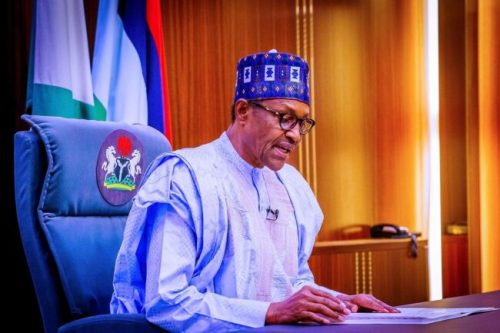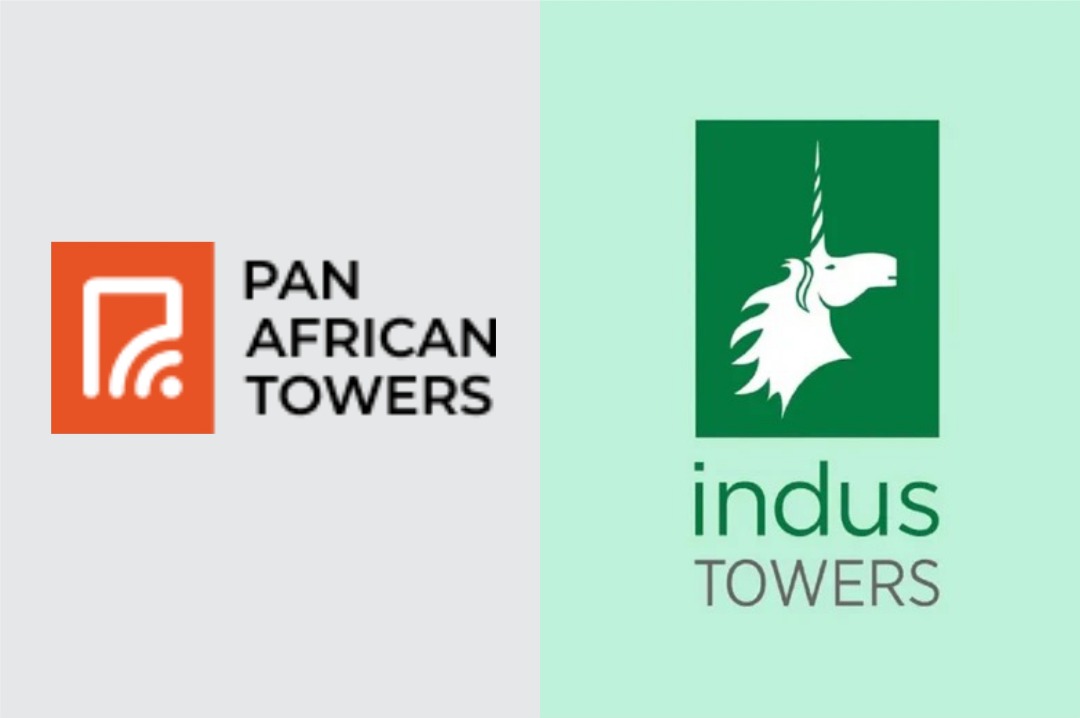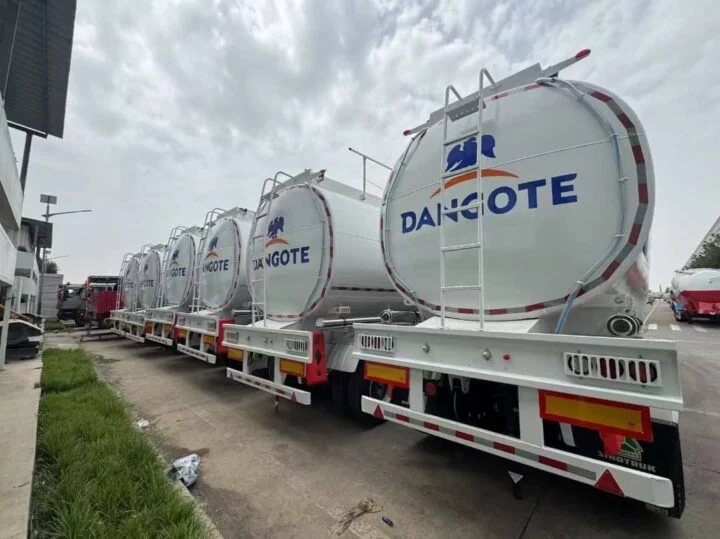The Manufacturers’ Association of Nigeria and economic experts on Wednesday expressed concern about the high deficit in the 2022 budget.
MAN and experts including Prof. Pat Utomi in separate interviews with The PUNCH, warned both the executive and the National Assembly against endangering the future of the country.
Federal Government had on Wednesday said it planned to borrow more funds to finance the N16.45tn 2022 budget.
According to the government, the total money borrowed as of July 22 was ‘only 23 percent’ of the Gross Domestic Product.
The Minister of Finance, Budget, and National Planning, Zainab Ahmed, disclosed these to State House Correspondents after the Federal Executive Council at its meeting on Wednesday approved N16.39tn for the 2022 Appropriation Bill.
The meeting was presided over by the President, Major General Muhammadu Buhari (retd.), at the Presidential Villa, Abuja.
The minister said it was necessary that the government would continue to borrow to in order to fund developmental and infrastructure projects as it does not get enough from its revenues.
She noted that Nigeria’s revenues could barely accommodate services even as she emphasised that despite the concerns, its borrowings were still within acceptable limits.
The minister stated, “If we just depend on the revenues that we get, even though our revenues have increased, the operational expenditure of government, including salaries and other overheads, is barely covered or swallowed up by the revenue.
“So, we need to borrow to be able to build these projects that will ensure that we’re able to develop on a sustainable basis.
“Nigeria’s borrowing has been of great concern and has elicited a lot of discussions. But if you look at the total size of the borrowing, it is still within healthy and sustainable limits. As of July 2021, the total borrowing is 23 percent of GDP.”
Fielding questions, Ahmed justified the plan for more borrowing, arguing, “Government has been borrowing before this administration and continues to borrow and it is important that we borrow to provide developmental projects in the form of roads, rails, bridges, power and water for sustainable development in this country.
“If we just depend on the revenues that we get, even though our revenues have increased, the operational expenditure of government, including salaries and other overheads, is barely covered or swallowed up by the revenue.
“So, we need to borrow to be able to build these projects that will ensure that we’re able to develop on a sustainable basis.
“When you compare our borrowing to other countries, we’re the lowest within the region, lowest compared to Egypt, South Africa, Brazil, Mexico, the very lowest, and Angola.
‘Increasing staff emoluments difficult to cope with govt funding’
“We do have a problem of revenue. Our revenues have been increasing. We just reported to the council that our revenues from non-oil have performed, as of July, at the rate of 111 per cent, which means outperforming the prorated budget.
“But our expenditure, especially staff emoluments have been increasing at a very fast rate making it difficult to cope with funding of government.”
She said government was doing a combination of cutting cost and increasing revenue to be able to cope with all salaries, pensions debt service, as well as capital expenditure.”
The minister said that council noted the changes in the 2022-2024 fiscal projections based on implementation of the Petroleum Industry Act 2021 and other necessary expenditures that should be accommodated in the 2022 budget.
She also disclosed the key assumptions and targets underlying the budget provisions including oil price – $57 per barrel; oil production – 1.88 mbpd; exchange rate – N410.15/US$; oil revenue – N3.15tn and non-oil revenue – N2.13tn.
Others include Federal Government’s Independent Revenue of N1.82tn; Total Projected Federal Government Revenue of N10.13tn; Debt Service of N3.61tn; Statutory Transfers of N768.28bn (including N462.53bn capital component) and Personnel Costs and Pensions of N4.69tn; (inclusive of N617.72bn for the 63 GOEs).
The rest are overhead costs of N792.39bn (inclusive of N451.0bn for the 63 GOEs); and Capital Expenditure (inclusive of capital component of Social Investment Programme, Capital in Statutory Transfers, capital of 63 GOEs, Capital Supplementation as well as Grants and Donor funding) of N5.35tn (inclusive of N647.08bn for the 63 GOEs).
“The resultant deficit of N6.26tn which will be financed by new borrowings of N5.01tn (of which domestic – N2.51tn and foreign – N2.51tn); drawdowns on project-tied Multilateral/Bilateral loans – N1.16tn; and Privatisation Proceeds of N90.73bn,” she stated.
On the approved 2022 Appropriation Bill for an aggregate expenditure of N16.39tn for 2022, she gave the components as the adjustments to the Medium-Term Fiscal Framework 2022-2024; Statutory Transfers of N768.28bn and Debt Service of N3.61tn and Sinking Fund for Maturing Debts of N292.71bn.
Others are Recurrent Expenditure (Non-Debt) of N6.83tn, inclusive of N350bn for the recurrent component of Social Investment Programme; and Aggregate Capital Expenditure of N5.35tn, inclusive of GOEs’ capital expenditure, multilateral/bilateral loan funded projects, Capital Supplementation, and Grants/Aid funded projects.
According to her, this represents 33 percent of the expenditure budget.
Ahmed said Buhari was intent on leaving improved agriculture production as a legacy, adding, “Currently, the agriculture sector contributes 23 percent of the GDP. We have a record of expanding the agricultural value chain; we’ve had very little or no processing in agriculture until this administration.”
“We now have a very large number of fertilizer blending plants, about 42, that are operating at full capacity. We also have a large number of rice mills that didn’t exist before.
“We have a lot of Nigerians that have taken up agriculture as a business, but apart from agriculture, the President is also rolling out rail lines, some of which had been started several years ago, have been completed.”
She added the Federal Ministry of Works and Housing had a provision of N388bn; the Power sector, N377bn billion; the Ministry of Agriculture, N98bn and the Transportation Ministry N189bn.
On the difference between the price of crude oil and the $57 benchmark for the 2022 budget, the minister said, “The crude oil price in the international capital market is not stable, it goes up and it comes down.
“Our assessment is that $57 per barrel is a safe zone to be in and we did this after extensive consultations with CBN, we checked the research work of the World Bank and other institutions, whose concern is investigating and researching on crude oil prices. But you know, the revenue in the budget for oil and gas is a function of the level of production as well as the price.
“We had suffered some setbacks in terms of the level of production, occasioned by the limits that the OPEC set. But thankfully, OPEC has changed our quota and that will also soon ramp up.
“In the event that revenues from oil and gas outperform the budget, there is always the safeguard that the excess goes into the Excess Crude Account.”
Commenting on the budget, a senior lecturer of economics at the Pan Atlantic University, Dr Olalekan Aworinde, said the government would continue to borrow, thus worsening poverty.
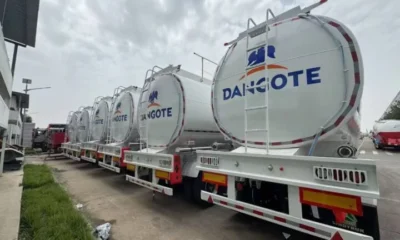
 BIG STORY3 days ago
BIG STORY3 days ago
 BIG STORY13 hours ago
BIG STORY13 hours ago
 BIG STORY4 days ago
BIG STORY4 days ago
 BIG STORY3 days ago
BIG STORY3 days ago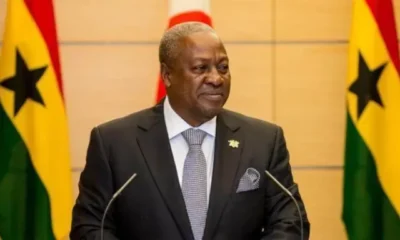
 BIG STORY4 days ago
BIG STORY4 days ago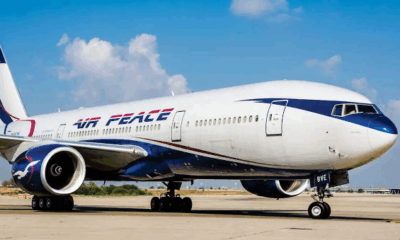
 BIG STORY3 days ago
BIG STORY3 days ago
 BIG STORY4 days ago
BIG STORY4 days ago
 BIG STORY3 days ago
BIG STORY3 days ago




